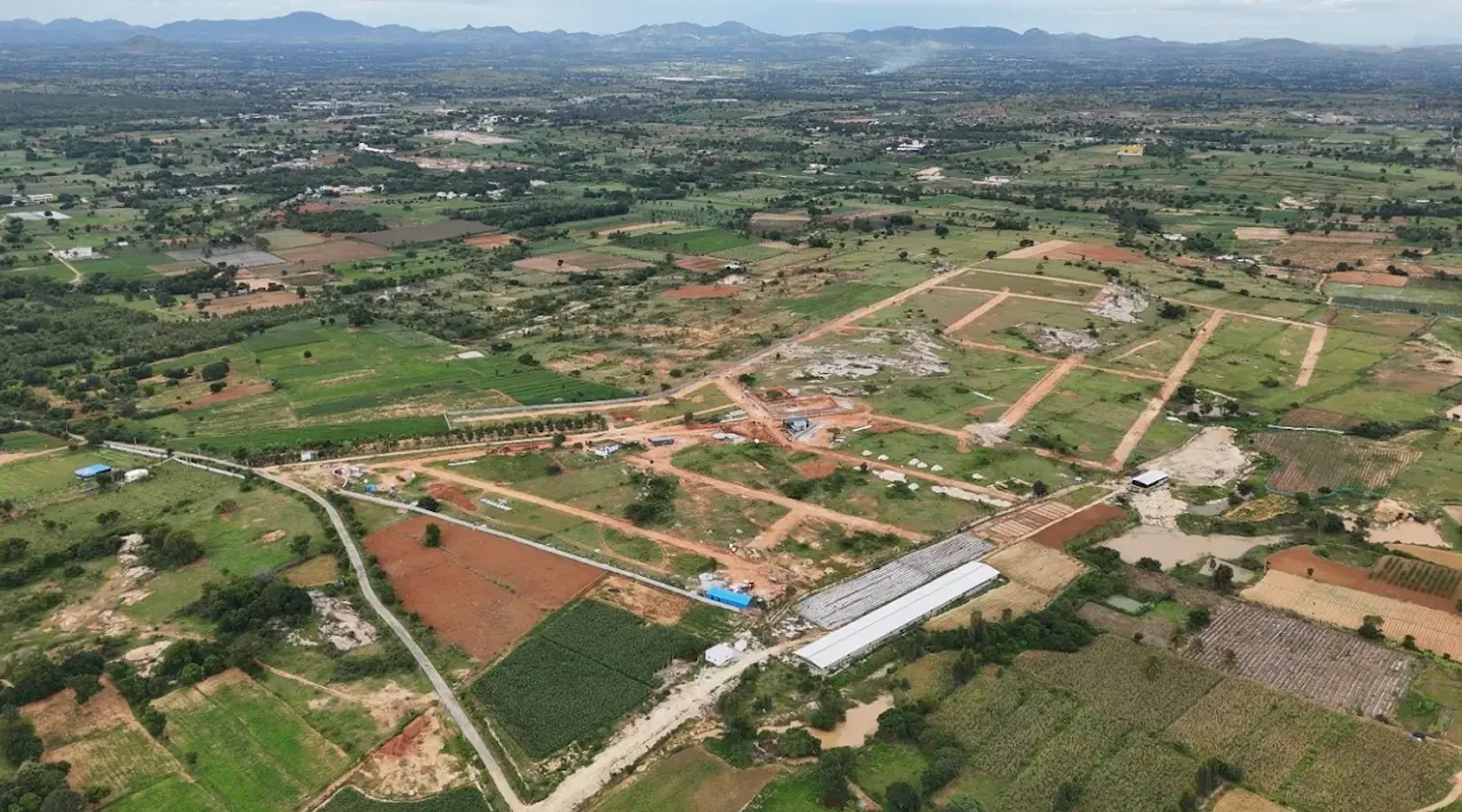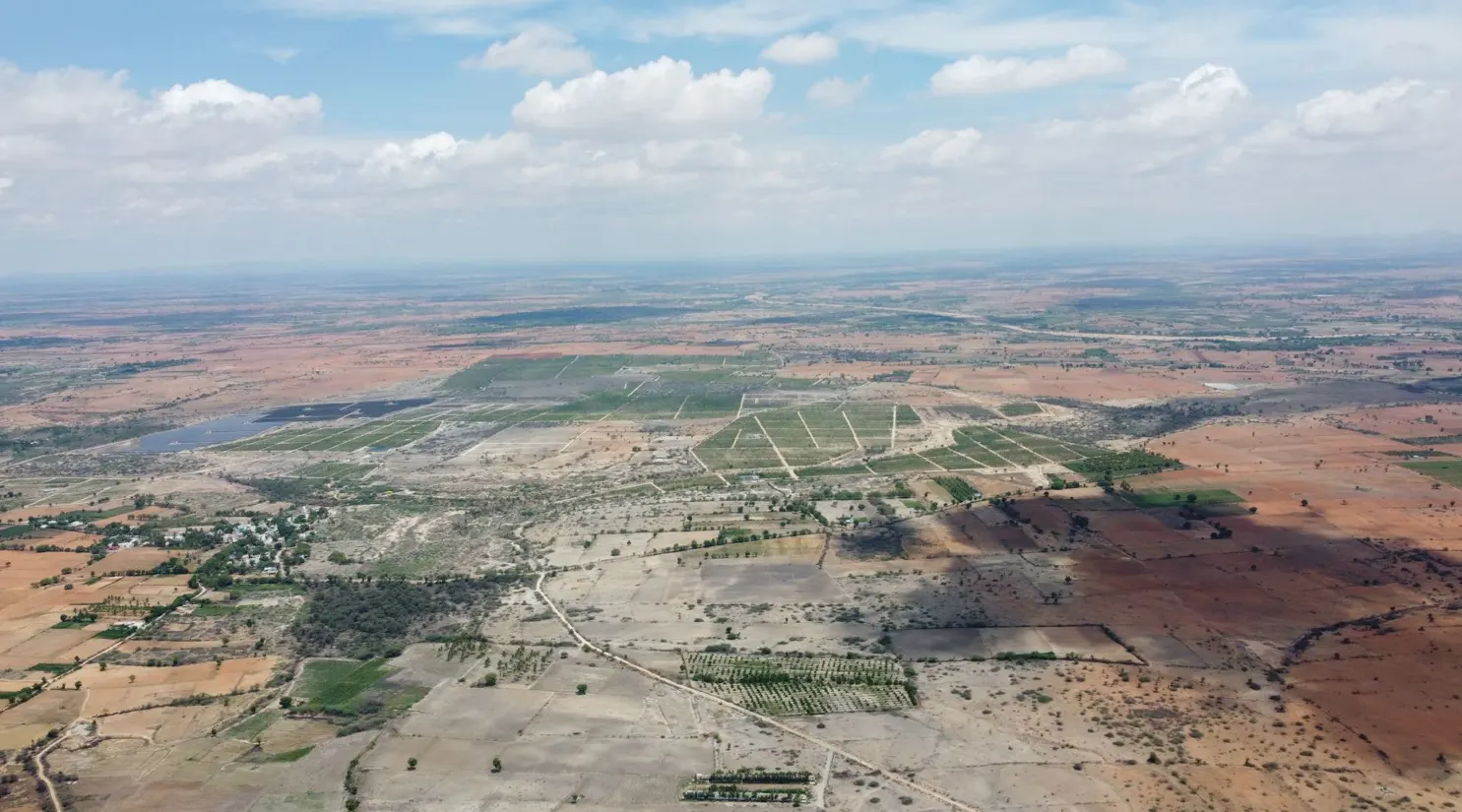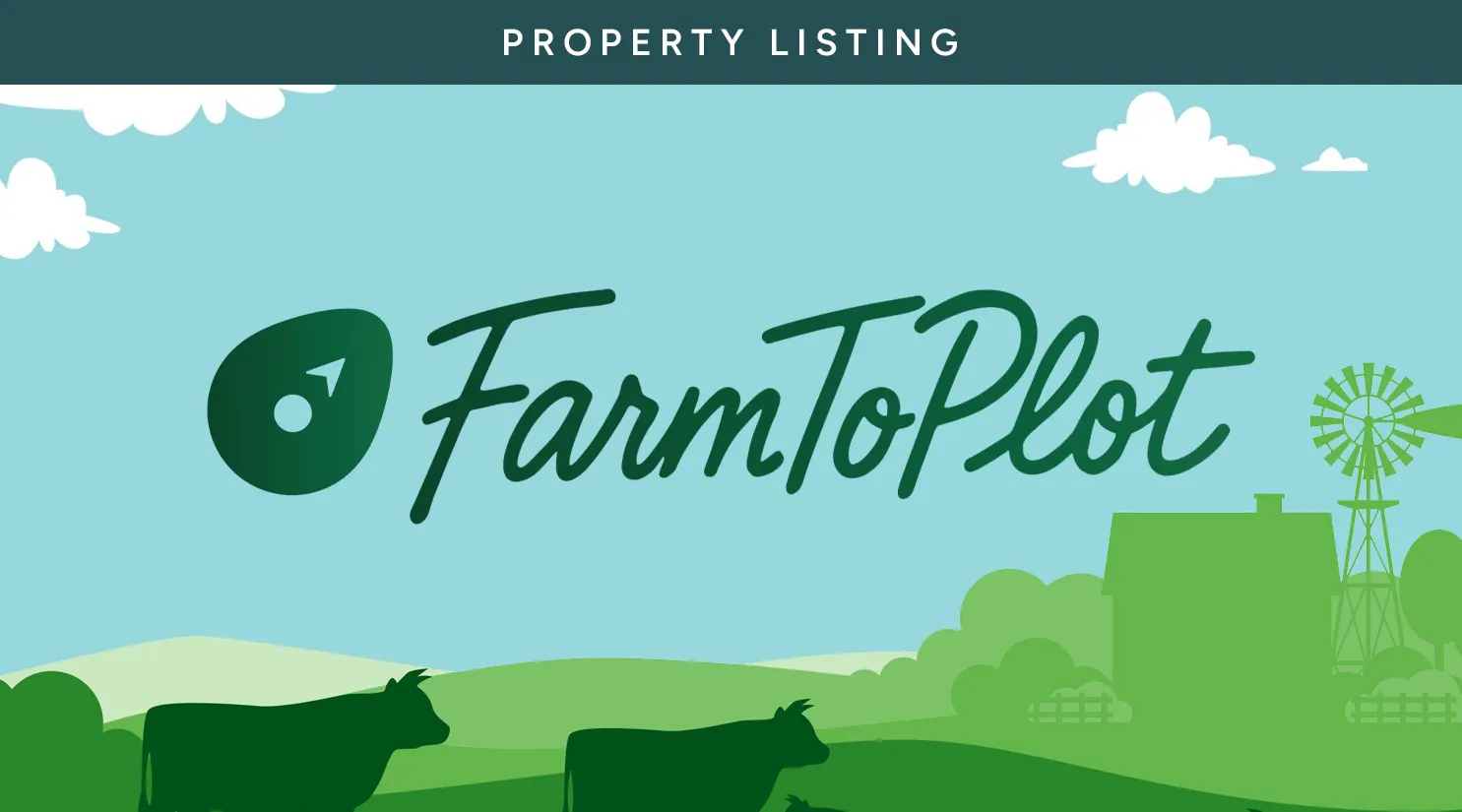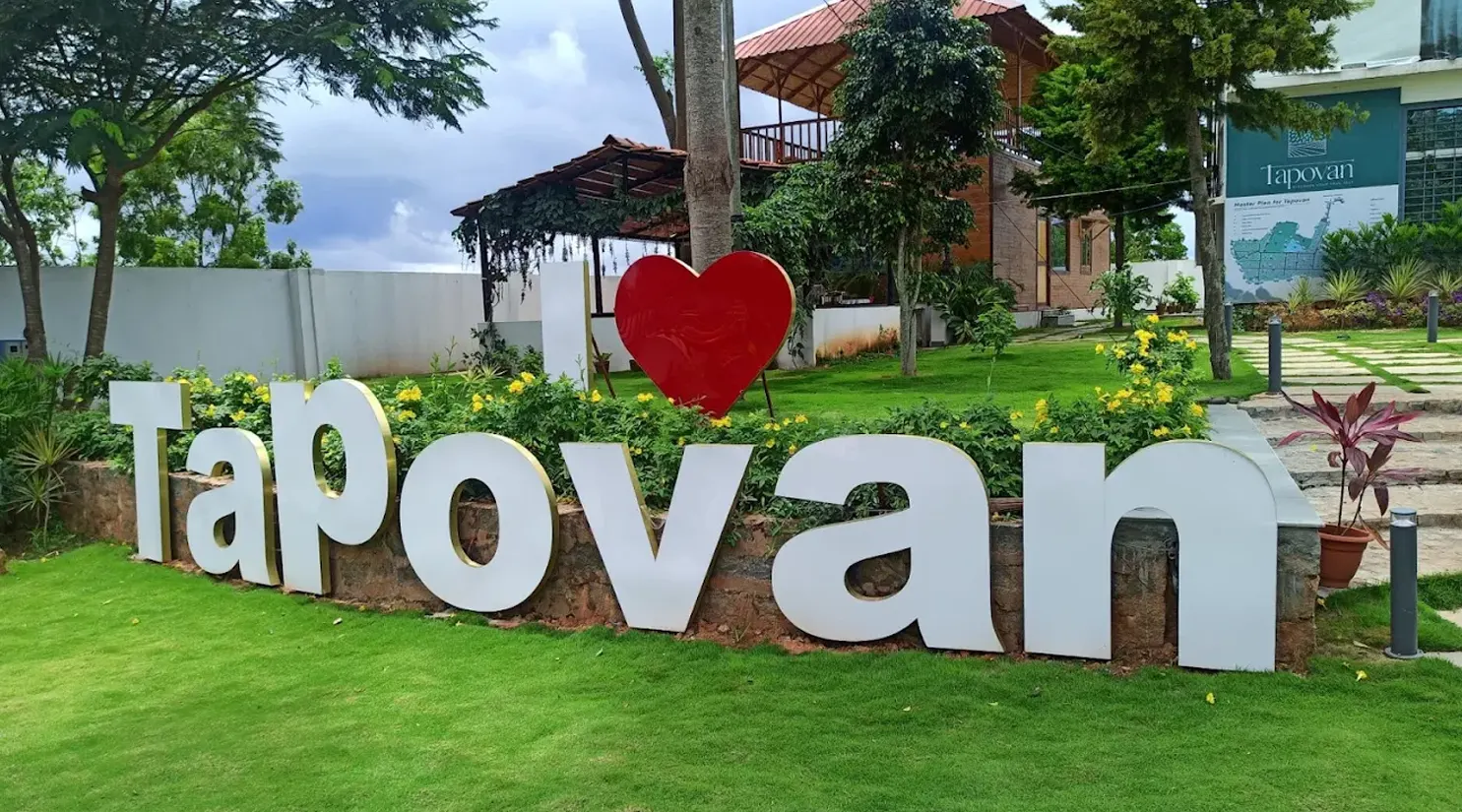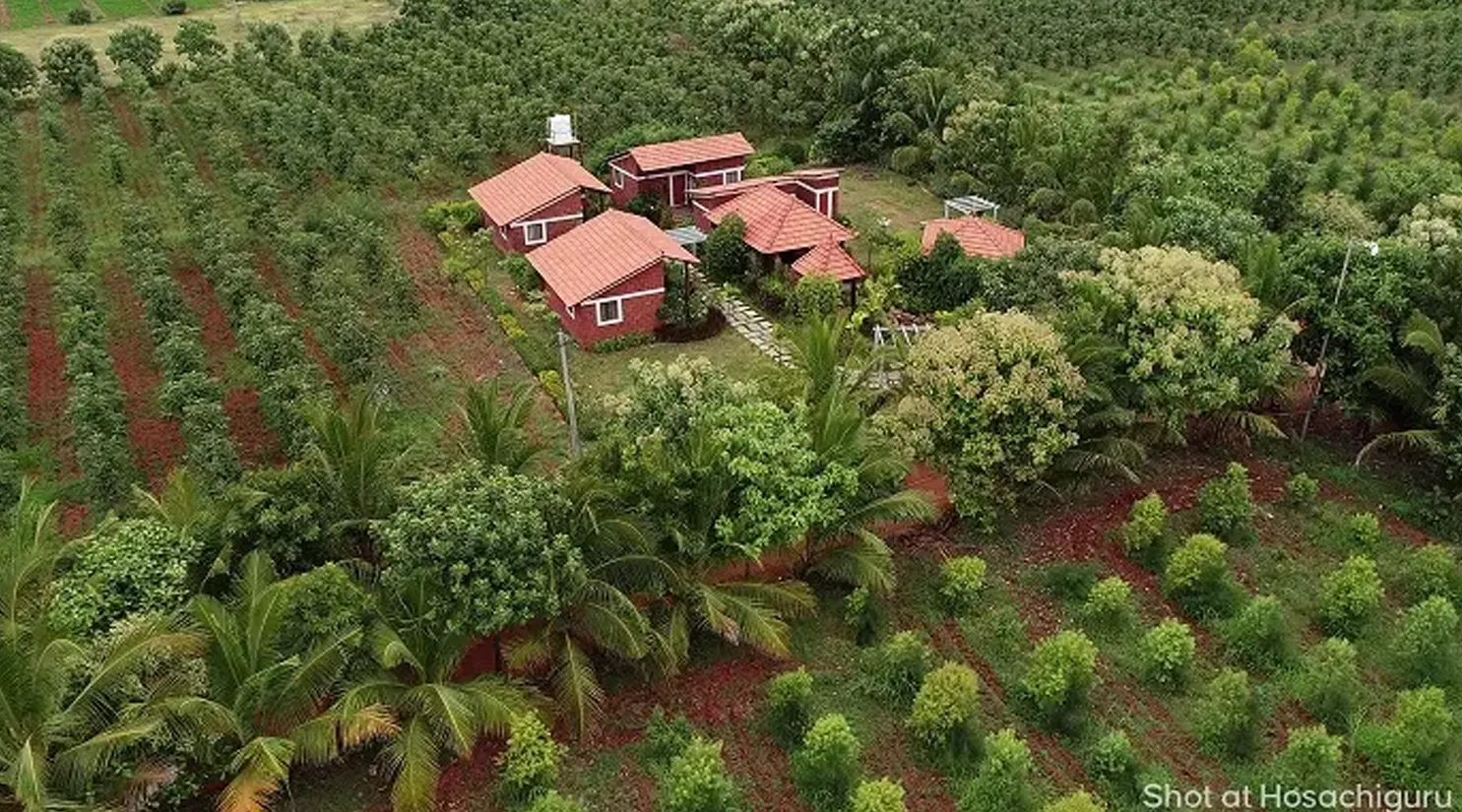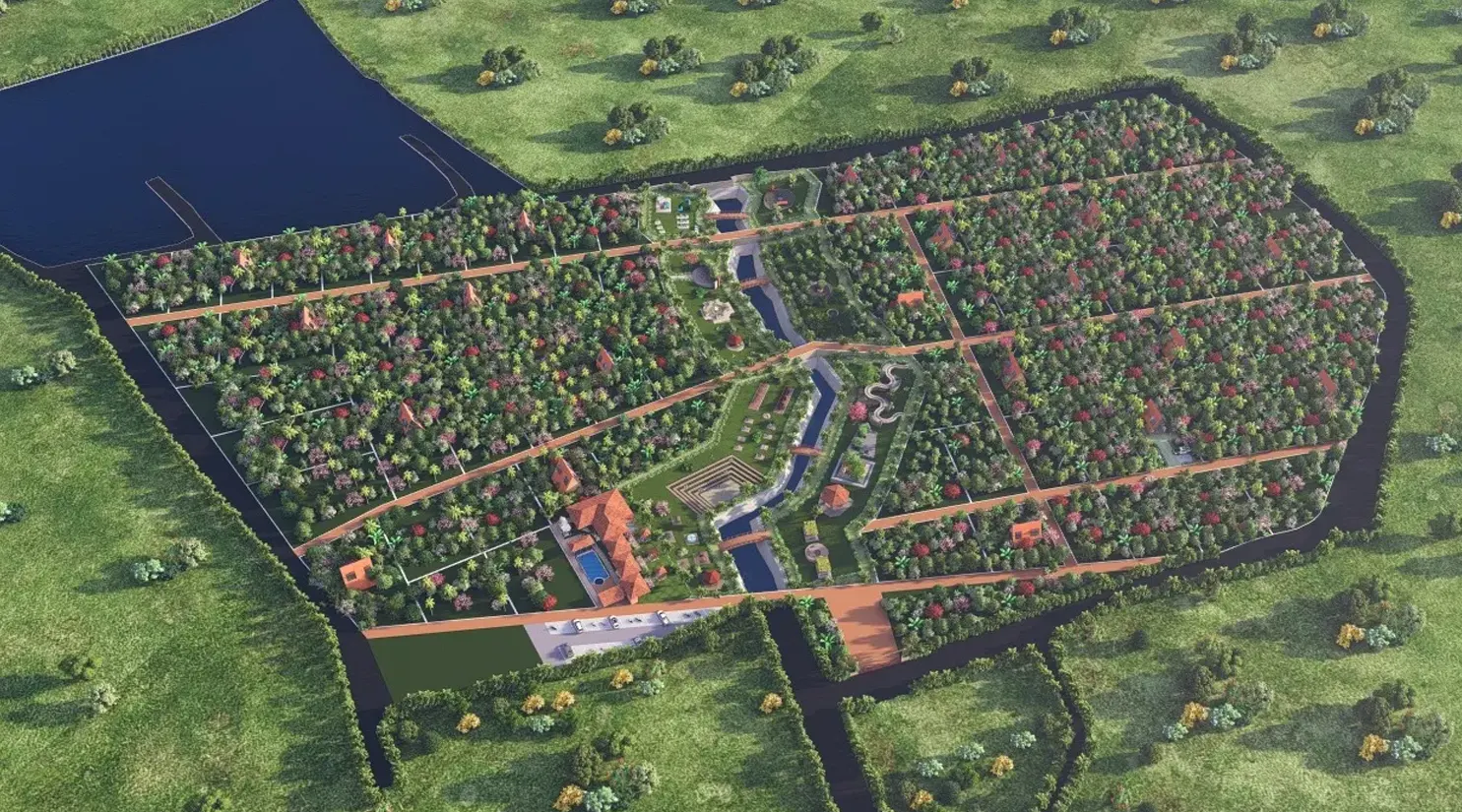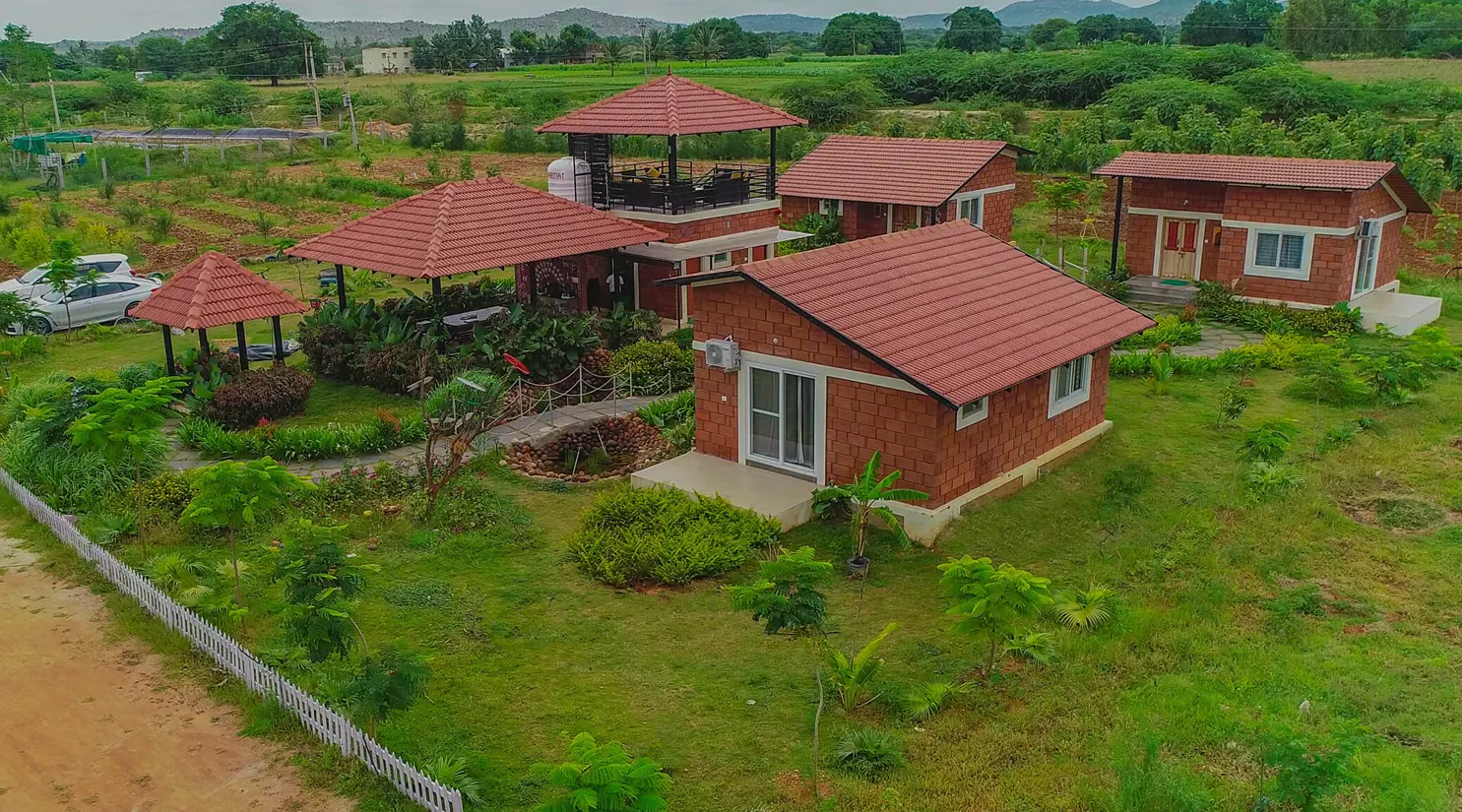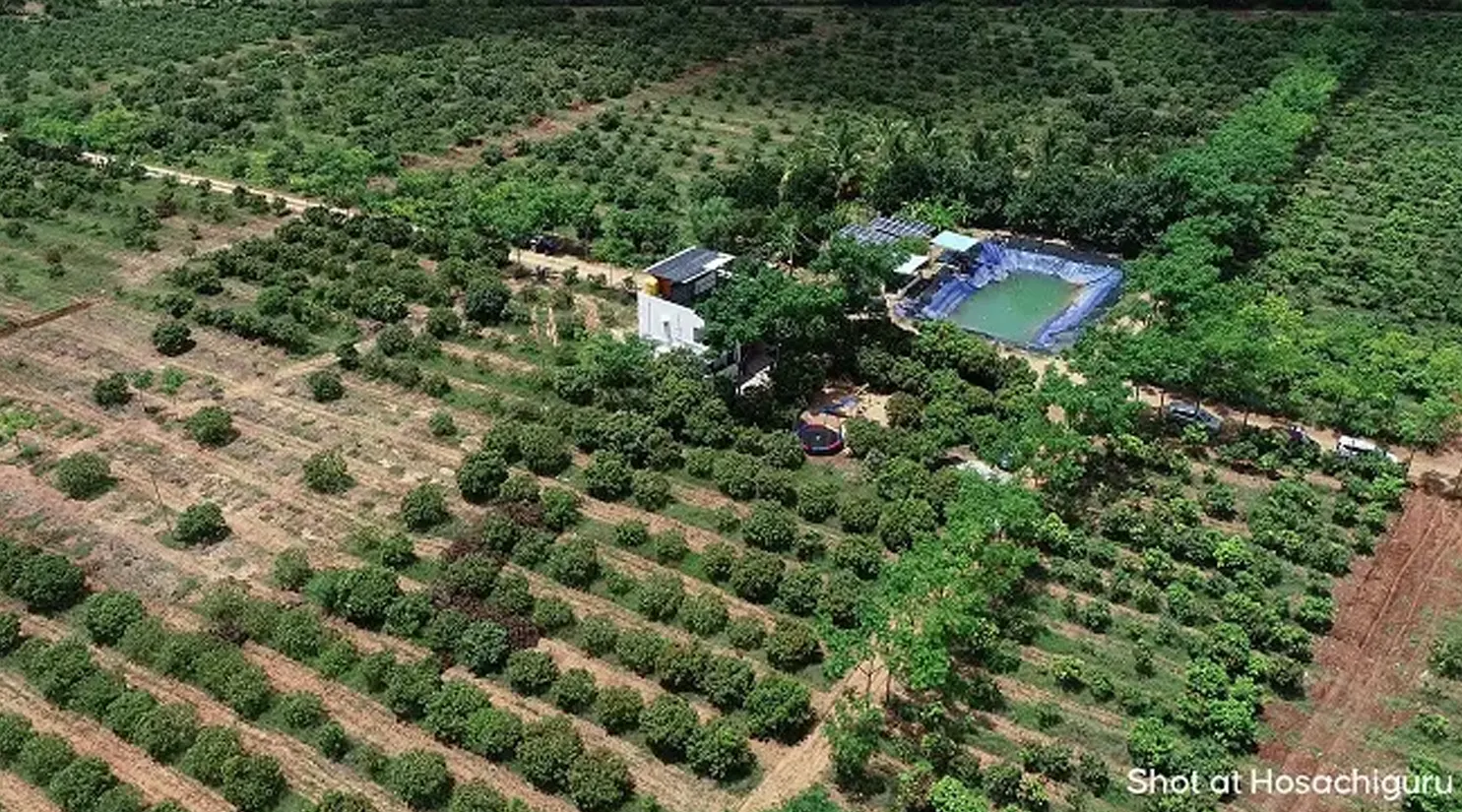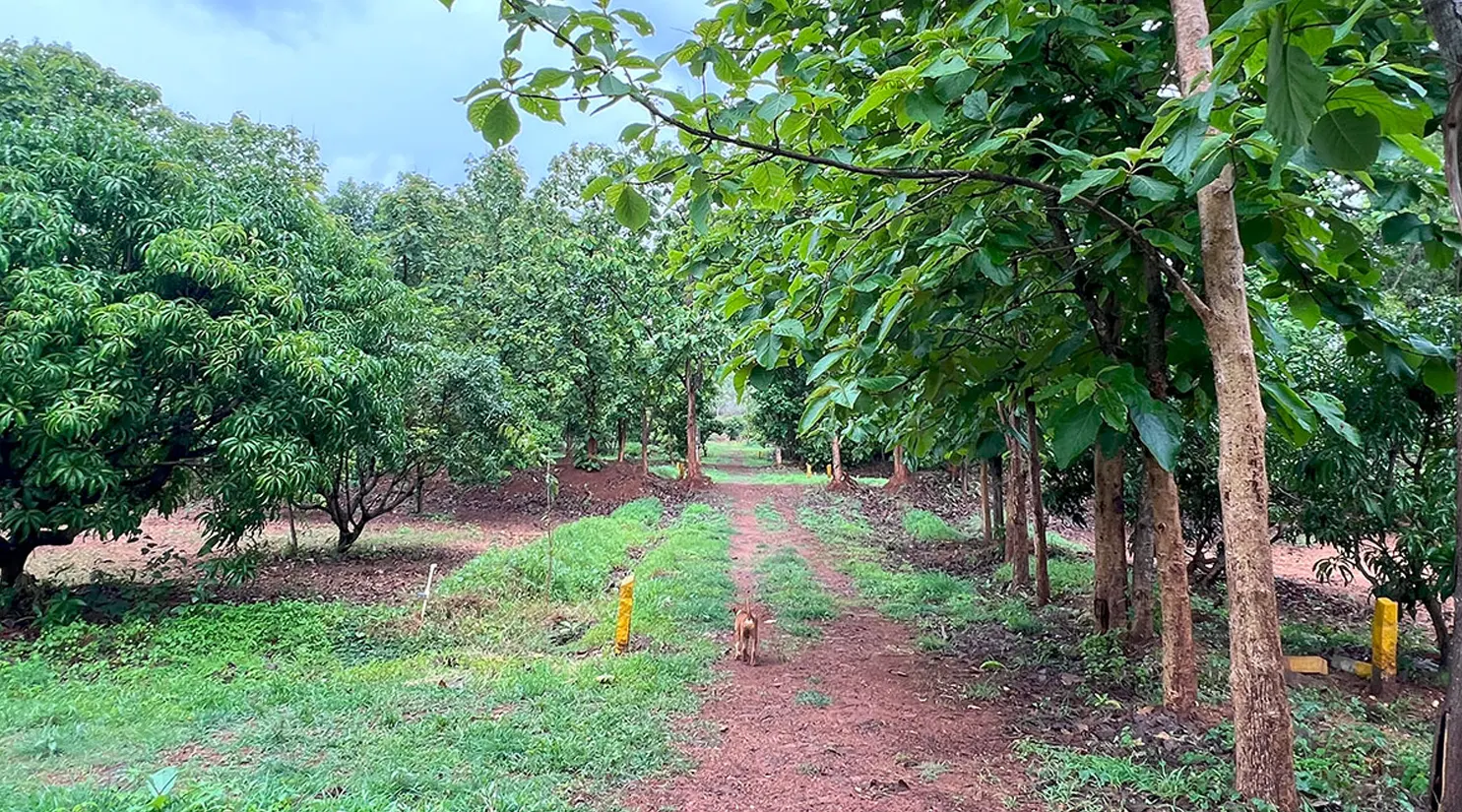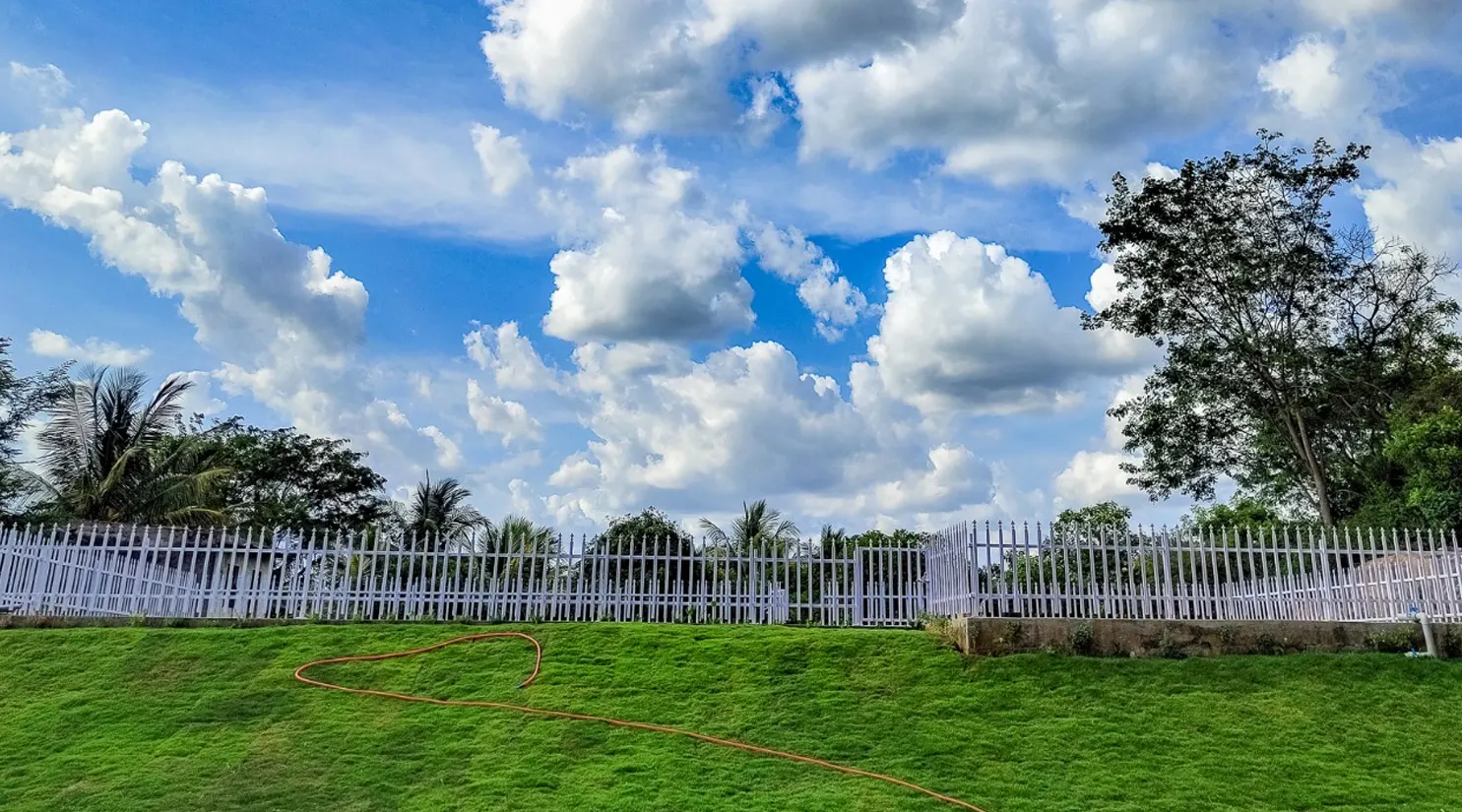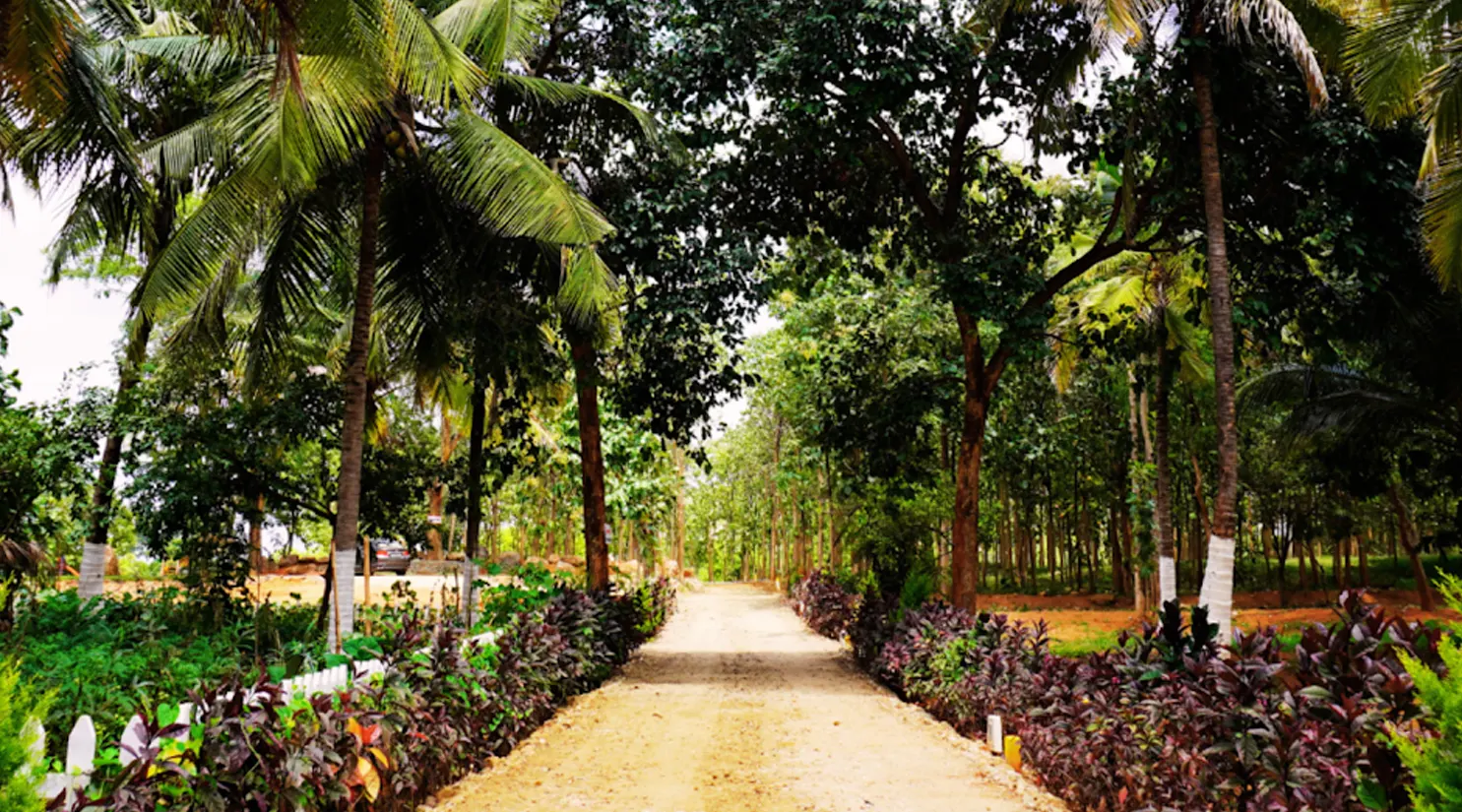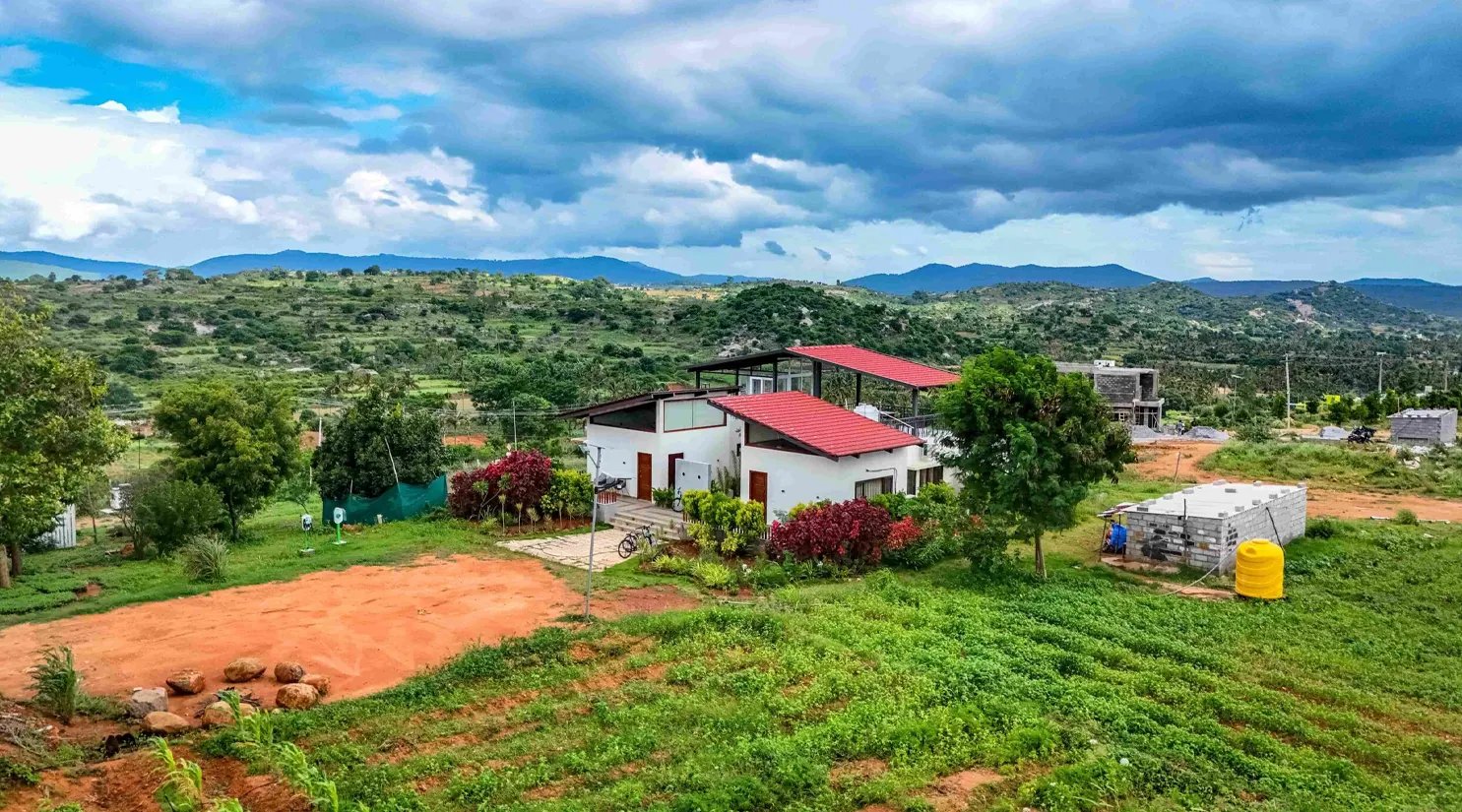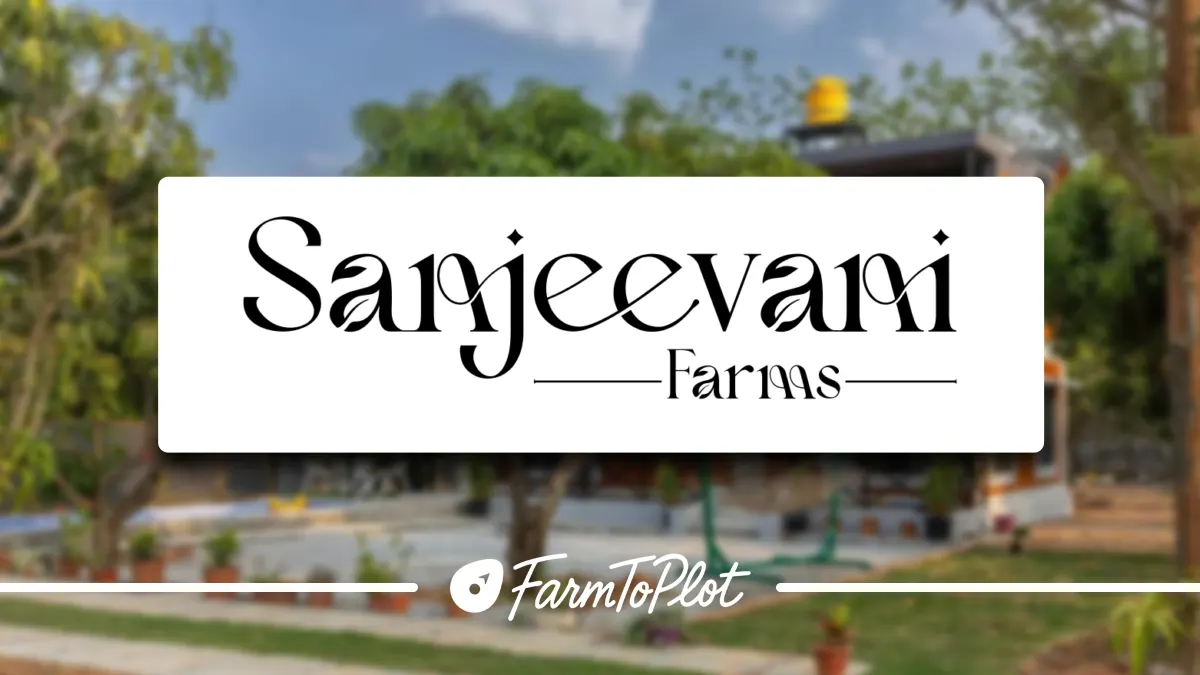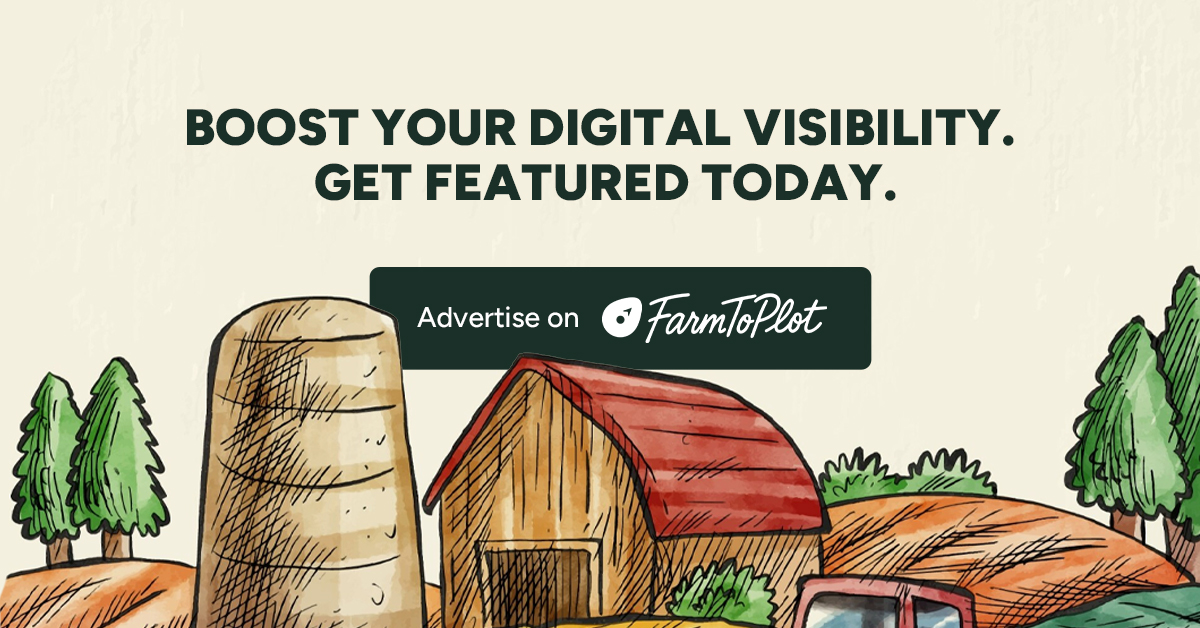Eco-Living on a Farm: Benefits of Owning a Sustainable Farmland Plot

In an era where city life is becoming increasingly chaotic, fast-paced, and stressful, more people are searching for meaningful ways to reconnect with nature, reduce their carbon footprint, and lead a simpler, more mindful lifestyle. Enter eco-living on farmland—a movement that blends sustainability, self-sufficiency, wellness, and community into one holistic experience. But what exactly is eco-living, how does it function on a farmland plot, and why is this lifestyle gaining momentum across India?
This blog explores the true essence of eco-living, how it’s revolutionizing land ownership, and the immense physical, mental, and financial benefits of owning your own sustainable farmland plot.
What Is Eco-Living?
Eco-living refers to a conscious way of life that minimizes environmental impact and fosters harmony with the natural world. It’s rooted in using fewer resources, reducing waste, conserving energy, and living more intentionally. It’s not just about going “green” but about creating a symbiotic relationship between humans and the environment.
When applied to farmland, eco-living involves:
- Growing organic crops without synthetic fertilizers or pesticides
- Harnessing renewable energy through solar, wind, or biogas systems
- Efficient water management using rainwater harvesting and drip irrigation
- Constructing eco-homes using locally sourced, sustainable materials like mud, bamboo, and recycled steel
- Preserving local biodiversity through reforestation and native plant landscaping
- Adopting zero-waste practices and natural composting systems
Living this way doesn’t just help the planet—it also enriches your life by making you more self-reliant, connected to nature, and free from many modern-day stressors.
Why Choose a Sustainable Farmland Plot?
1. Reconnect with Nature
Modern city life keeps us disconnected from natural rhythms. A farmland plot allows you to wake up to birdsong, understand planting cycles, and experience the serenity of open skies and green surroundings.
2. Clean Air and Water
Sustainable farms are typically located in low-pollution zones. Without industrial emissions, you breathe cleaner air and drink purer water. Rainwater harvesting and natural filtration systems keep water usage efficient and safe.
3. Food Security and Organic Produce
Owning a sustainable plot means you’re in control of your food. Grow your own fruits, vegetables, herbs, and even grains—free of pesticides, preservatives, and plastic packaging. This ensures your family has access to clean, fresh, seasonal food year-round.
4. Reduced Carbon Footprint
By reducing dependence on packaged food, artificial cooling, and chemical fertilizers, eco-farming drastically lowers your carbon emissions. Energy-efficient homes and off-grid systems like solar panels amplify your environmental contribution.
5. Mindful Architecture and Living
Many sustainable farmland communities allow you to build eco-homes that use minimal cement and steel. Designs often focus on passive cooling, natural light, and integration with the natural terrain.
6. Opportunity for Self-Sufficiency
From solar energy to homemade compost, eco-living empowers you to generate your own power, grow your own food, and even create value-added products like pickles, oils, or handmade soaps.
Health and Wellness Benefits
1. Stress Reduction
Nature therapy is real. Living amidst greenery reduces cortisol levels, improves sleep, and boosts mental health. Whether it’s tending a garden or watching butterflies, your farm becomes your healing space.
2. Active Lifestyle
Farm chores like planting, mulching, pruning, and building keep you physically active. The physical work improves mobility, cardiovascular health, and burns calories without feeling like a workout.
3. Nutritional Advantage
Farm-fresh food harvested minutes before it’s cooked is more nutritious and flavorful. The lack of preservatives, combined with soil-rich micronutrients, contributes to overall wellness.
4. Emotional Fulfillment
Watching a seed you planted grow into a tree is deeply satisfying. Eco-living invites mindfulness, patience, and joy—qualities often missing in urban living.
5. Digital Detox
Many choose farmland living as a break from screen-heavy urban lives. The peaceful environment makes it easier to unplug and spend quality time offline.
Long-Term Value and Community Impact
1. Asset Appreciation
With cities expanding and eco-consciousness rising, demand for peri-urban farmland has grown. Plots in managed eco-farm communities have shown 10–15% annual appreciation in recent years.
2. Eco-Conscious Communities
Sustainable farmland projects often promote community farming, collective waste management, shared water resources, and green festivals. These interactions foster a sense of belonging and shared purpose.
3. Educational Value for Families
Children growing up around farms develop an understanding of nature, nutrition, and responsibility. It’s a great way to instill values of sustainability and hard work early on.
4. Income Possibilities
Your sustainable farm can also become a source of passive income—from renting it for agri-tourism to leasing land for organic farming, or even starting a micro-business like a weekend café or farmstay.
5. Legacy Living
A farmland plot is not just a piece of land—it’s a lifestyle gift to future generations. It offers your children and grandchildren a greener, healthier environment with endless potential.
How to Get Started
- Research thoroughly: Understand your goals—whether it’s weekend getaways, full-time living, or retirement planning.
- Choose a credible developer: Prioritize sustainability, clear documentation, and post-sale service.
- Check for eco-features: Look for properties with renewable energy setups, organic soil, rainwater harvesting, and low-carbon construction materials.
- Review access and infrastructure: Ensure good road connectivity, availability of local labor, and provisions for security and fencing.
- Assess legal clarity: Make sure the land has clear titles, proper zoning approvals, and is free from encumbrances.
- Decide on self-managed vs managed options: Many platforms offer professional management of your plot if you prefer a hands-free experience.
FAQs
-
What is the minimum size of farmland required for sustainable living?
It depends on your goals. For weekend farming or kitchen gardens, 0.25–1 acre is sufficient. For self-sustaining full-time eco-living, 2–5 acres is ideal.
-
Can I build a house on agricultural land?
Yes, but this depends on state regulations. Some states allow limited non-commercial construction on agricultural land. Always consult local land-use laws.
-
How much maintenance does an eco-farm need?
Managed farmland projects require minimal involvement. If you go the self-managed route, maintenance varies based on crop type and infrastructure.
-
Is eco-living expensive to set up?
While the initial setup (solar panels, eco-home, irrigation) may have upfront costs, it drastically reduces long-term living expenses and boosts property value.
-
Can I generate income from my sustainable farm?
Absolutely. Agri-tourism, organic produce sales, timber plantations, and leasing to eco-entrepreneurs are popular revenue models.
Explore Sustainable Farmland Projects at FarmToPlot
At FarmToPlot.com, we specialize in showcasing the best sustainable farmland options across India. Whether you’re looking to build your own off-grid haven or invest in a thriving eco-community, we’ve got you covered.
Explore options like:
- Managed eco-farms near Bangalore, Hyderabad, Coimbatore, and Pune
- Nature-integrated plots with options for bamboo or earthbag homes
- Fully serviced farms offering regular updates, produce delivery, and annual returns
- Community-driven eco-villages with workshops, shared infrastructure, and organic certification
Join the movement of mindful living, environmental stewardship, and long-term wealth through sustainable farmland ownership.


